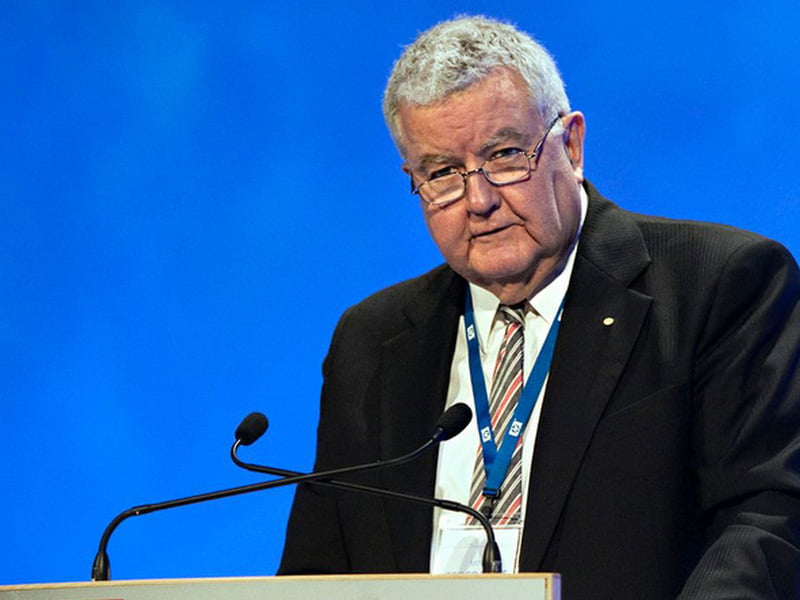[ad_1]
Former Australian head of state and scientists have warned that the post-pandemic recovery risks being wasted due to a lack of leadership and called for a bolder and more cohesive approach to innovation and the economy.
Former Australian chief scientist Ian Chubb has said the country must abandon its historically risk-averse ‘she’ll be right’ approach for a bolder and more targeted tilt in nation-building in the wake of COVID-19.
“Australia has comparative advantages, which you can turn into a competitive advantage. But in order to do that, you have to be prepared to take a risk, â€Professor Chubb said.
“You have to be prepared to assess the risk and manage your risk. And I don’t think we’re good at it and certainly our political leadership, overall… I don’t think it gives me much confidence that they have the ability to think like that.
Speaking at an Australian Academy of Technology and Engineering webinar last week, Professor Chubb supported Andrew Liveris’ call for a more complex economy through increased investment in research and development.
Professor Chubb, who served as Australia’s chief scientist from 2011 to 2016, said a strong platform and pockets of excellence exist in Australia, but a fundamental change in approach was needed to move beyond a resource-rich economy that does not add value to its exports. .
“We saw a rusty hill, we turned it into GDP,” Professor Chubb said of Australia’s typical approach.
“When it was empty, we went to find another rusty hill. And we turn that into [GDP]. And so there is this kind of complacency abroad, and it is in a political framework in particular, where it is enough to encourage a little more that and she will be right.
Professor Chubb said both sides of politics have failed to drive this fundamental change, with a series of federal cabinets failing to “think through what is really good and healthy” for the future at long term of the nation.
He drew parallels with Australia’s recovery from the global financial crisis – another Black Swan event that presented an opportunity for reform, but ultimately was not seized.
The former chief scientist said the same would happen with the current resumption of the pandemic without a new approach.
“We really need to start thinking to make sure we don’t miss an opportunity that change will force us to seize. [anyway]”said Professor Chubb.
He called for more targeted and scalable funding in areas where Australia has a comparative advantage to develop more sustainable value-added industries.
But he warned that political leaders are not stepping up.
“We are afraid of big things. We don’t think in terms of scale. And we finance on a very wide range rather than having a coherent strategy and policy with a defined vision [and] specific goals, â€said Professor Chubb.
“If I were to ask people what is the vision for the country that our leaders are now proposing so that we agree with disagree with [or] arguing, that would be hard to find.
Former Western Australia Chief Scientist Lyn Beazley cited Israel as an example of the bold bets Australia had to make.
“The [Israel] Chief Scientist… has a budget of around $ 40 million per year. They choose promising discoveries, and if they are successful, they pay back the funds. If that doesn’t work, they’re not saying they failed. They learned something else fast and that’s why we need to be less risk averse, â€Professor Beazley said during the same ATSE webinar.
“Until we really engage with this first step to get a feel for the next step, then it won’t work,†she said.
Professor Beazley, who advised the state government on science, innovation and technology as the chief scientist of Western Australia from 2006 to 2013, said the STEM skills of young people should be developed as quickly as possible.
“If you want to work for the big WA resource firm, you’re not here to dig things. You are sitting in front of a computer controlling something 1,000 kilometers away. So the faster we go down this path, the better, â€she said.
Do you know more? Contact James Riley by email.
[ad_2]

